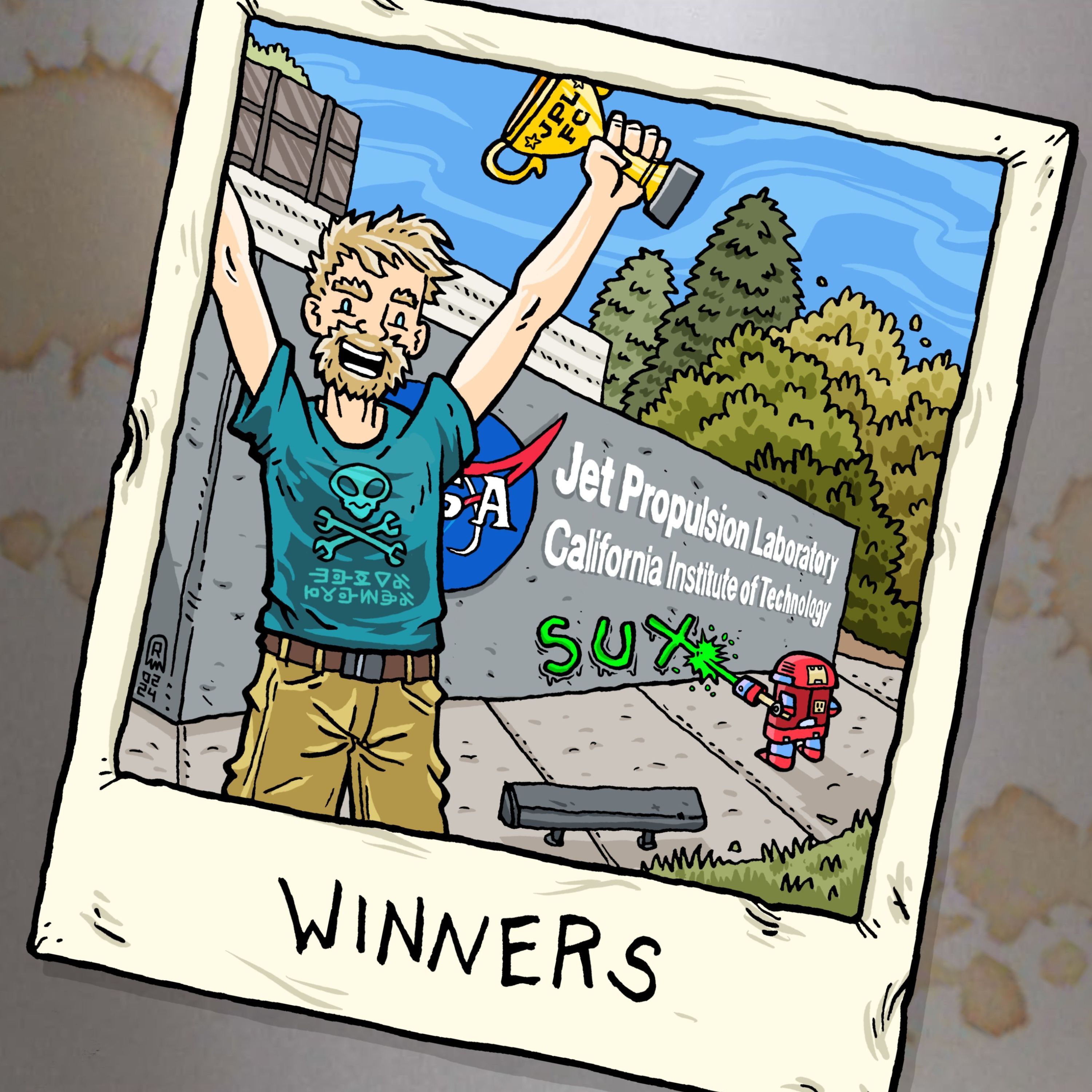Podcasts
646 readers
5 users here now
A place for all podcast lovers to come together and discuss the medium, find recommendations and talk about podcasts they have created.
founded 2 years ago
MODERATORS
76
77
6
Ep. 63—THE BEAVER EPISODE (finally!) with Dr. Emily Fairfax and Dr. Sophie Gilbert
(lifewithfirepodcast.com)
78
79
80
81
82
7
How conspiracy theories help to maintain Vladimir Putin’s grip on power in Russia --- (25 min)
(theconversation.com)
83
85
86
87
88
5
Creating in a Commons: Conversations with Creative Commons and Disquiet Junto
(www.artistsandhackers.org)
89
90
91
92
4
Casa Encantada - A Portrait of the Fight for Housing in Belo Horizonte Going Through the Pandemic
(www.aradio-berlin.org)
93
95
96
98
99
100
